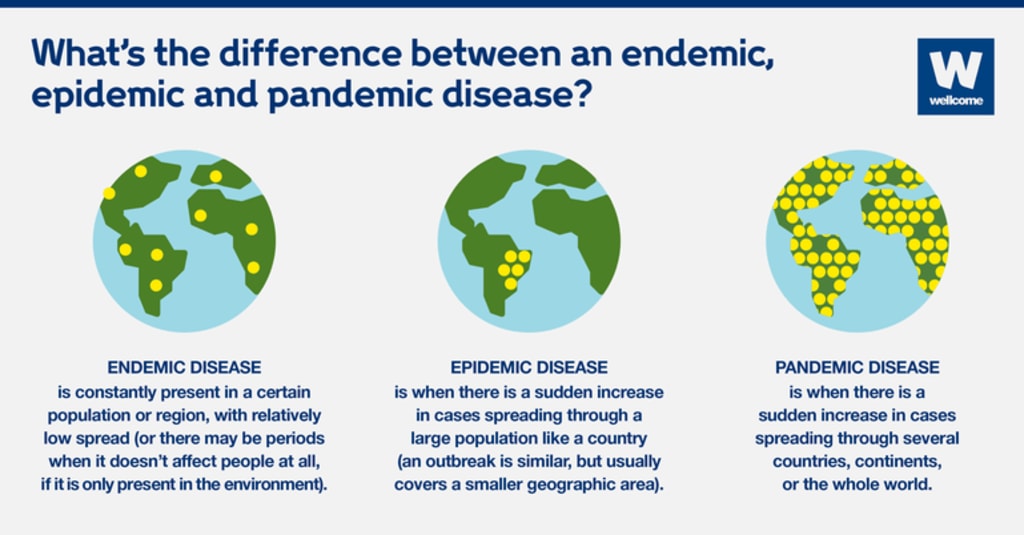
The COVID-19 pandemic has had a profound impact on the global political landscape. From China to the United States, from Europe to Africa, no country has been left untouched by this crisis. In this article, we will explore the ways in which COVID-19 has reshaped the political landscape, both domestically and internationally.
Domestically, COVID-19 has highlighted the strengths and weaknesses of political systems around the world. Countries with strong, centralized governments such as China and South Korea were able to contain the virus relatively quickly, while countries with weaker, decentralized systems such as the United States and Brazil struggled to mount anThe COVID-19 pandemic has affected every aspect of our lives, including the global political landscape. As the virus continues to ravage countries around the world, political leaders have been forced to adapt their policies and strategies to address the public health crisis. The impact of COVID-19 on global politics has been significant and multifaceted, affecting everything from international relations to domestic policy.
One of the most obvious impacts of COVID-19 on the global political landscape has been the increased role of governments in managing the crisis. In many countries, governments have taken unprecedented measures to slow the spread ofThe COVID-19 pandemic has had a significant impact on the global political landscape. It has exposed weaknesses in healthcare systems and economies around the world, and it has challenged political leaders to respond in an effective and coordinated manner. Here are some of the ways in which COVID-19 has affected politics:
The rise of nationalism and protectionism: In the early days of the pandemic, many countries closed their borders and imposed travel restrictions in an effort to contain the virus. This led to a rise in nationalism and protectionism, as countries focused on their own interests rather than global cooperation.
The erosion of trust in political leaders: The pandemic has exposed the inadequacies of political leaders around the world, as they struggled to respond to the crisis in a timely and effective manner. This has led to a loss of trust in political institutions and an increase in public frustration and anger.
The politicization of public health: The COVID-19 pandemic has become a deeply politicized issue, with some leaders downplaying the severity of the virus and resisting public health measures such as mask mandates and lockdowns. This has led to confusion and division among the public and has made it more difficult to control the spread of the virus.
The impact on global governance: The pandemic has highlighted the need for a stronger and more coordinated global response to public health crises. It has also exposed weaknesses in existing international institutions such as the World Health Organization (WHO), and has led to calls for reform and greater cooperation among nations.
The economic impact: The pandemic has had a significant economic impact around the world, with many countries experiencing recession and rising unemployment rates. This has led to increased political pressure on governments to provide economic relief and support to citizens.
The impact on human rights: The pandemic has raised concerns about the impact of public health measures on human rights and civil liberties. Some governments have used the pandemic as a justification for cracking down on dissent and limiting freedoms, raising concerns about the erosion of democracy and the rule of law.
In conclusion, the COVID-19 pandemic has had a significant impact on the global political landscape. It has exposed weaknesses in political institutions and leaders, and has highlighted the need for greater global cooperation and coordination. As we continue to navigate this crisis, it will be important for political leaders to prioritize the health and well-being of their citizens while also upholding democratic values and institutions.
About the Creator
Kay
Like freedom, heart to the world





Comments
There are no comments for this story
Be the first to respond and start the conversation.